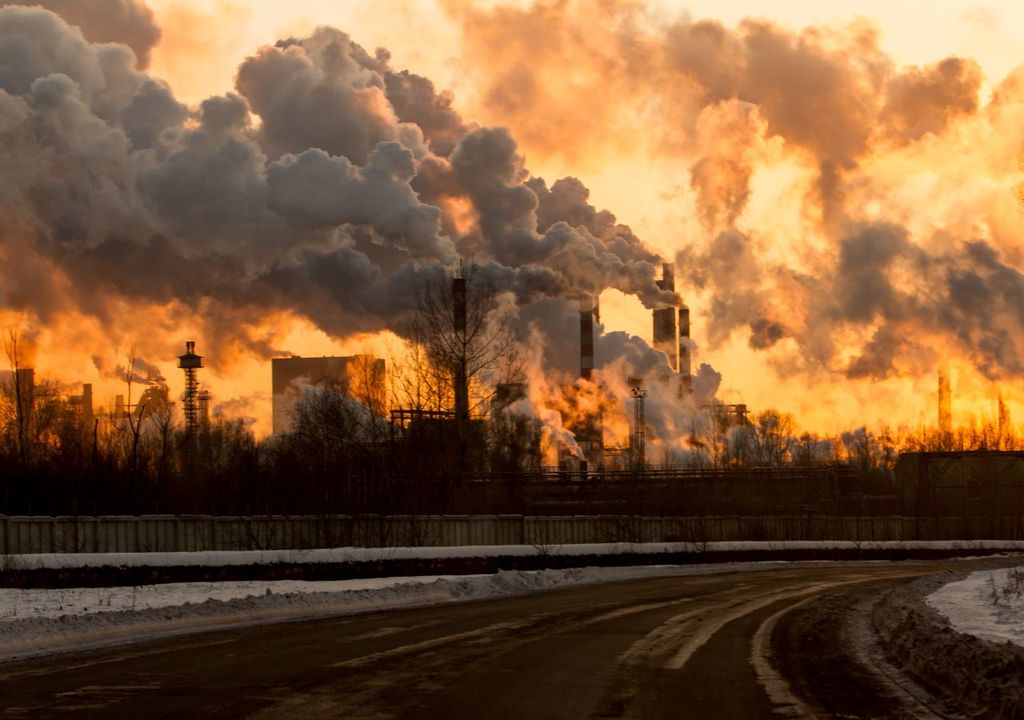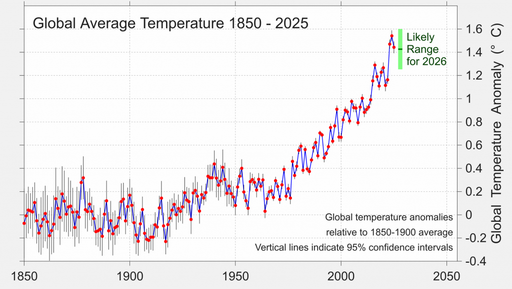Air pollution regulations won’t protect sensitive ecosystems, new research warns
UK air pollution regulations will reduce deaths but do little to protect sensitive ecosystems, according to new research.

Almost 7,000 premature adult deaths could be prevented in the UK by current air pollution rules. However, even the most effective and technically feasible measures, which could prevent thousands more deaths, are unlikely to protect sensitive ecosystems.
UCL researchers estimate existing regulations could prevent 6,751 early adult deaths by 2030 compared to if no regulations existed. This rises to 13,269 if all possible technically feasible measures are implemented to reduce air pollution.
However, most pollution emitted by the UK’s agriculture sector is not covered by existing rules, and emissions will likely rise in the future. And even if all technological measures are employed, including those above UK law requirements, it won’t reduce the harmful effects of air pollution on the country’s sensitive ecosystems.
Harmful to health
Around 79% of the UK exceeds the World Health Organization’s (WHO) annual mean guideline for safe fine particulate matter levels, contributing to an estimated 48,625 adult premature deaths annually. Researchers analysed this and other pollutants, their impact on human health and the environment, and predicted their effects in the next decade based on current regulations, and the potential maximum benefits if all available technologies were implemented.
Existing regulations targeting emissions from shipping, aviation, road and rail, power plants and industry, could reduce fine particulate matter in the atmosphere and the area of the UK exceeding WHO guidelines could fall from 79% to 58% by 2030. It could fall as low as 36% if all technically feasible measures were employed, suggests the new research in GeoHealth.
Environmental harm
Agriculture is largely unregulated and contributes about a third of overall UK particulate matter pollution and roughly 90% of anthropogenic ammonia emissions. Excess nitrogen deposited into sensitive ecosystems like national parks and protected areas, which usually thrive on low levels of nitrogen, disrupts their natural balance.
“Nearly all of this country’s sensitive ecosystems are already at risk from atmospheric nitrogen pollution, and this has led to local extinctions of many species,” explains Dr Ed Rowe, study co-author at the UK Centre for Ecology and Hydrology. “Our research highlights the ongoing threats facing the nation’s heaths, montane landscapes, bogs and Scots pine woodlands, even under the most optimistic projections.”

With few regulations to reduce agricultural emissions, ammonia emission levels could increase by about 2% because of the agricultural intensification required to produce more food by 2030. If all technically feasible methods were implemented, emissions would only be reduced by 19%, much less than the 80% reduction in overall nitrogen-based emissions required to reduce harm to sensitive habitats.
“Our study demonstrates that existing legislation and regulations already have a sizeable benefit on health, but more ambitious adoption of readily available measures, especially for livestock farming and fertiliser use, could benefit thousands more,” adds lead author Dr Eloise Marais, UCL Geography.
“Currently the UK government only provides a handbook of suggested farming practices to limit ammonia emissions. Many of these are the same measures we test in our study. We hope our results provide the incentives needed to regulate rather than suggest.”




